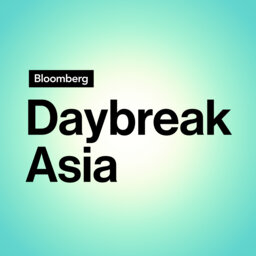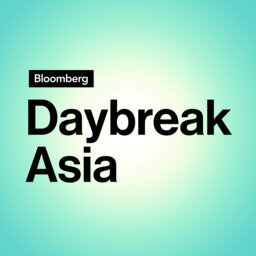Can China's Stimulus Efforts Work?
Featuring:
Helen Zhu, Chief Investment Officer and Managing Director at NF Trinity
Peiqian Liu, Asia Economist at Fidelity International
George Maris, Chief Investment Officer and Global Head of Equities at Principal Asset Management
Apple: https://podcasts.apple.com/us/podcast/bloomberg-daybreak-asia/id1663863437
Spotify: https://open.spotify.com/show/0Ccfge70zthAgVfm0NVw1b
TuneIn: https://tunein.com/podcasts/Asian-Talk/Bloomberg-Daybreak-Asia-Edition-p247557/?lang=es-es
In 1 playlist(s)
Bloomberg Daybreak: Asia Edition
Listen for business and finance news centered in the Asia-Pacific region. Host Doug Krizner brings…Social links
Follow podcast
Recent clips

US-Iran Risks Hit Markets, Trump: Iran Has Just Days to Deal
20:58

Japan's Takaichi Formally Elected PM, Stocks Get Tech Boost
23:00

US-Japan Trade Deal Details, AI Anxiety Lingers
20:58
 Bloomberg Daybreak: Asia Edition
Bloomberg Daybreak: Asia Edition